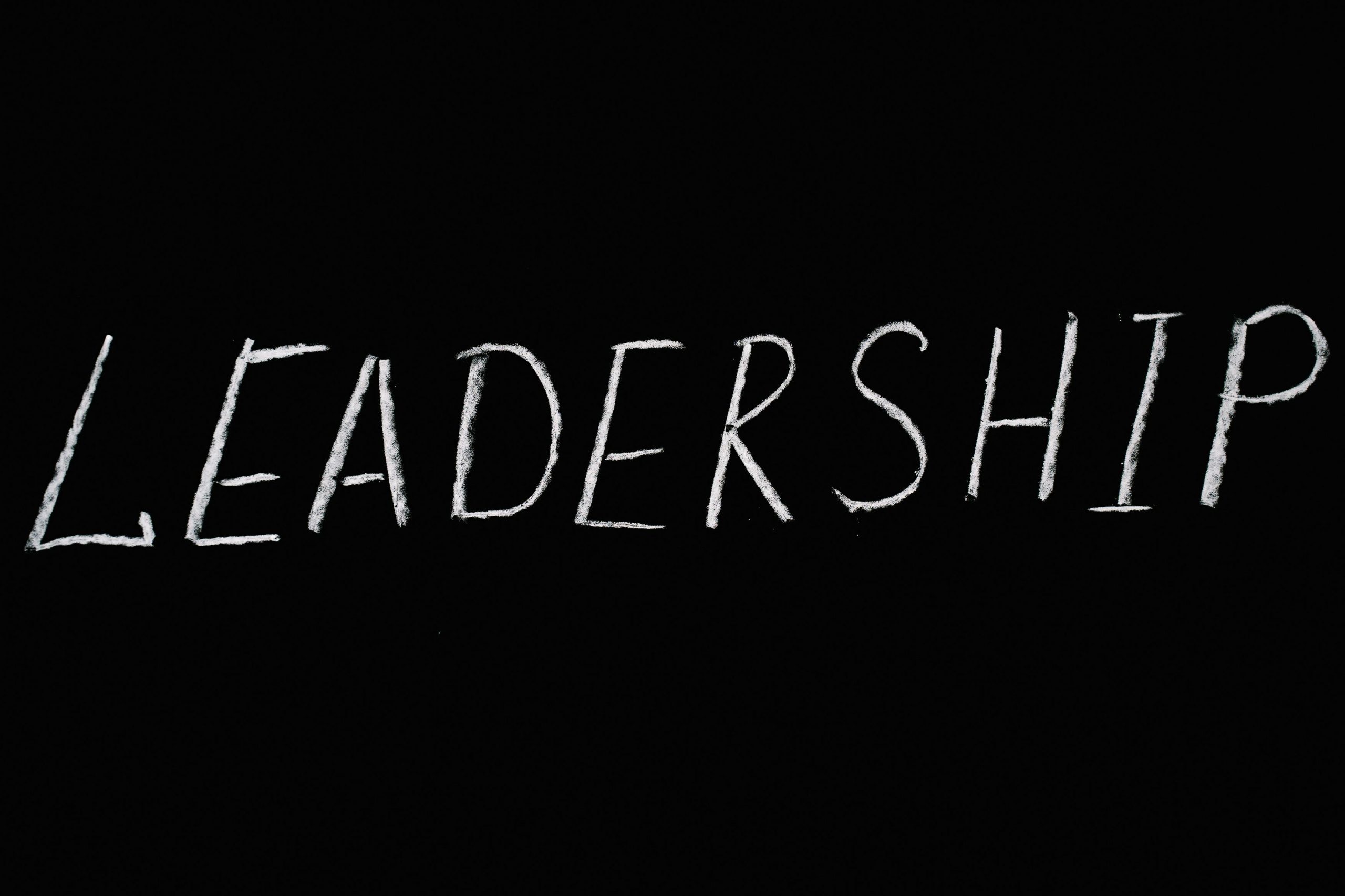When you say “no real leader,” I assume you mean a political figure who seems strong, decisive, and widely respected both domestically and internationally—someone who can set a clear vision and carry it through. There are several intertwined reasons why Europe, including the UK, appears to lack such leadership today:
1. Fragmented Politics
-
Multiparty systems: Many European countries have proportional representation, meaning governments are often coalitions. Coalitions make it hard for a single leader to take bold action because every decision must be negotiated.
-
UK exception weakening: Even in the UK, which has a first-past-the-post system that used to produce clear majorities, parties have become more fractured (e.g., rise of smaller parties like SNP, Brexit Party, Liberal Democrats), making strong leadership harder.
2. Short Political Lifespans
-
Leaders in Europe often have short tenures.
-
Example: In the UK, leaders rarely serve a full term without crisis; Boris Johnson and Liz Truss had unusually brief terms. Short tenures prevent leaders from executing long-term strategies or building enduring authority.
3. Public Distrust and Populism
-
Citizens are increasingly skeptical of politicians, reducing the “authority” any leader can claim.
-
Populist movements often prioritize media soundbites over governance, leaving traditional leaders weakened.
4. Economic and Social Complexity
-
Europe faces challenges that no single leader can fully control: aging populations, inflation, migration crises, EU regulations, climate policy, and post-pandemic recovery.
-
The complexity makes bold decisions risky—leaders often end up cautious, pragmatic, or indecisive.
5. Media and Social Media Pressure
-
Leaders are under constant scrutiny from 24/7 news cycles and social media.
-
One misstep can spiral into a scandal, forcing leaders to react defensively rather than proactively, making them appear weak or indecisive.
6. The “Consensus Culture”
-
In Europe, political culture often favors compromise over confrontation.
-
This contrasts with, say, the U.S., where leaders can project a strong personal vision even amid political gridlock. In Europe, the very need for consensus can make leaders seem toothless.
7. Brexit and European Unity Challenges
-
In the UK, Brexit fractured the political landscape and left the country without a unifying vision for the next decade.
-
Across the EU, differing national interests make it hard for leaders to push a clear, cohesive European agenda.
In short: Modern European politics often rewards negotiation, caution, and short-term problem-solving over bold, charismatic leadership. This makes strong, “real” leaders rare



